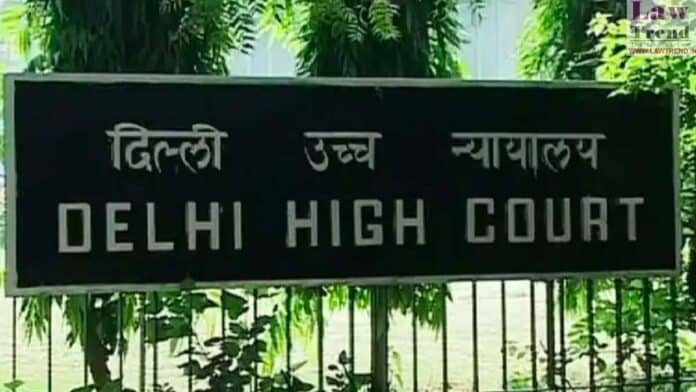The Delhi High Court on Wednesday sought a response from the Ministry of Electronics and Information Technology on a public interest litigation (PIL) concerning the unregulated use of deepfake technology in the country.
A division bench of Acting Chief Justice Manmohan and Justice Manmeet Pritam Singh Arora sought response from the Ministry on senior journalist Rajat Sharma’s plea.
During the hearing, the bench expressed grave concerns about the proliferation of deepfake technology, citing its potential for misinformation and its impact on public discourse and democratic processes.

The court also noted complaints from political parties regarding the issue and questioned the government’s stance on addressing it.
The PIL stresses the various threats posed by deepfake technology, including its potential use in fraud, identity theft, and manipulation of public opinion. It particularly underscores the risks associated with creating deepfakes of influential individuals such as politicians, sports personalities, and actors.
The plea urges strict regulation and proactive measures to mitigate the potential harms associated with the misuse of deepfake technology.
It argues that the absence of adequate regulation violates fundamental rights guaranteed under the Constitution, including the right to freedom of expression, privacy, and a fair trial.
“…there is a pressing need for strict enforcement and proactive action to mitigate the potential harms associated with their misuse. The absence of adequate regulation and safeguards against the misuse of deepfake technology poses a grave risk to the fundamental rights guaranteed under the Constitution of India, including the right to freedom of expression, the right to privacy, and the right to a fair trial,” Sharma’s PIL states.
Despite the government’s earlier commitment to formulating regulations for dealing with deepfakes, the PIL points out the lack of concrete action in this regard. It calls for immediate steps to identify and block access to platforms enabling the creation of deepfakes, appoint dedicated nodal officers to address complaints, and issue directives to social media intermediaries to remove deepfakes upon receipt of complaints.
“In India, there is currently no dedicated mechanism to deal with deepfakes. Existing laws include sections 66C, 66D, 67 and 67A of the Information Technology Act, 2000 (IT Act), impose penalties for identity theft, cheating by impersonation and disseminating obscene content in electronic form,” the PIL says.
It adds: “While Section 69A of the IT Act empowers the Central Government to block public access to information hosted in any computer resource, the power has not been exercised to deal with applications permitting creation of deepfakes.”
Also Read
Furthermore, the plea seeks guidelines to ensure that the creation and dissemination of deepfakes are in line with constitutional rights until specific regulations are formulated by the government.
Sharma’s PIL criticises the existing framework, saying it does next to nothing in helping to identify the perpetrators/creators of deepfakes.







